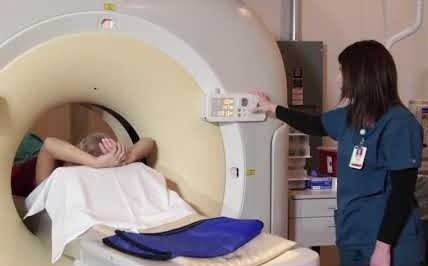Find Cancer Early
Screening tests can help find cancer before symptoms appear. This is why getting regular cancer screening is so important.
American Cancer Society screening guidelines
Regular screening can often help find some cancers early, before they have a chance to spread and when treatment is more likely to be successful. Regular screening can also help find and remove certain pre-cancers before they have a chance to turn into cancer.
Knowing your personal and family medical history can help you understand your cancer risk and which screening recommendations are best for you. The lifestyle choices you make about diet, exercise, tobacco, and alcohol use (and other habits) can also affect your risk.
The most important thing to remember is to get screened regularly.

Detailed screening info by cancer type
How to get screened





